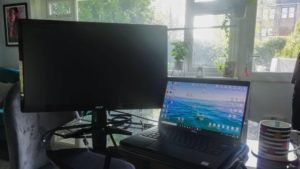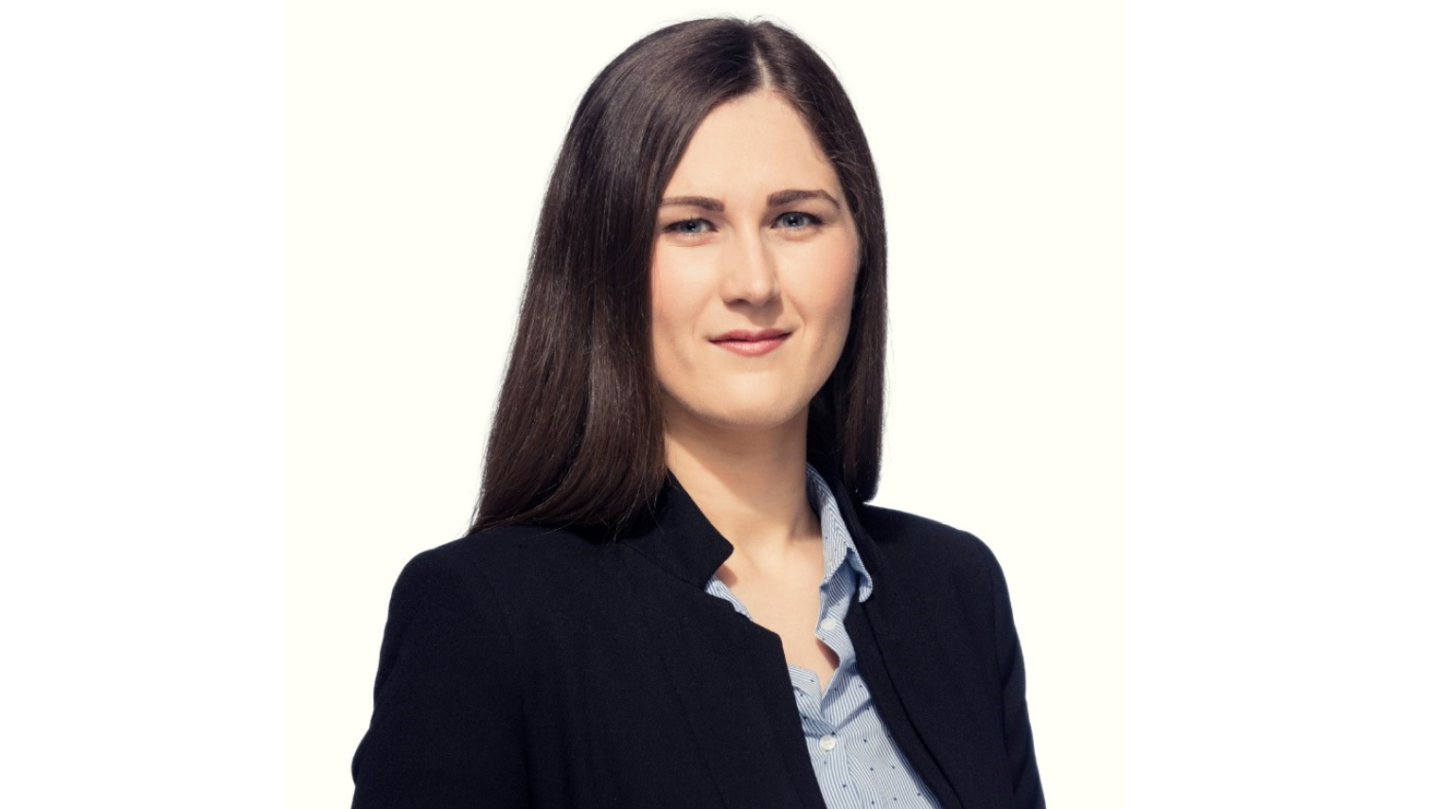How has the coronavirus affected your day-to-day work?
Sanlam was relatively well-prepared for an event like this through allowing flexible working so, as someone who worked from home on a regular basis, not a huge amount has been that different for me. I already had all my systems set-up and I was used to the routine of working from home.
It has been great to see that most, if not all, firms have been able to offer meetings via video conferencing and our day-to-day work can continue virtually unaffected. I do miss the face-to-face communication with my team that I would get at least twice a week – it’s just not the same over Microsoft Teams, even if we did have a virtual quiz last week together.
 What has been your biggest contributor to performance since the coronavirus hit markets? What has been your biggest detractor?
What has been your biggest contributor to performance since the coronavirus hit markets? What has been your biggest detractor?
Unsurprisingly, our gilt exposures have held up exceptionally well. For a long time, our team had been discussing where investors would flee to in times of panic and we always concluded: government ‘safe havens’. Therefore, we wanted to make sure we held a sizeable exposure, which we did via the Allianz Gilt fund.
In fact, in our socially responsible models, we added the Royal London Short Duration Gilt fund the month before coronavirus hit the markets because we were concerned about our credit exposure in non-government bonds. It seems this was a good risk management move, given these funds produce positive absolute returns.
As for our largest detractor, our exposure to the Amundi Global High Yield fund has hurt with its large relative underperformance. The manager is exposed to some of the hardest-hit sectors including energy, leisure and banking, which were all particularly affected in March. Thankfully, due to our blending approach, this is one line of a wider portfolio that has stacked up well versus the market and peers.
Do you have any behavioural mechanisms in place for navigating the market volatility?
Our behavioural mechanisms are somewhat embedded into our portfolios via our risk framework. This means that, if we are doing our jobs correctly – which it seems we have been – then we continue to adhere to that framework and not get caught up in any fear-or-greed narrative.
What has surprised you most about markets during the coronavirus sell-off?
The thing that has surprised me the most has been the state of mind that my friends, family and I have been existing in. It appears we all seem to be living in a perplexing state of either overreacting or underreacting. I often forget about the situation we have found ourselves in, usually after getting caught up in a piece of work or a good book, and then suddenly remember there is a global pandemic and I consider just how strange these times are.
So, I suppose what has most surprised me is how adept human beings are at adapting and just getting on with it – whether it be continuing to work, supporting those in need, or cheering our NHS every Thursday evening at 8pm to #clapforourcarers – even in surreal times like these.
What feedback have you had from clients since the sell-off?
Most of the feedback we have received has been positive. Clients have had a varying range of queries on why our portfolios have performed in certain ways during the sell-off – all of which we have been happy to explain and discuss. Many of the most positive pieces of feedback we have received are related to our socially responsible models, which have notably outperformed with much less volatility. It has been hugely pleasing to hear from our advisers that they are comforted to see this in such a difficult time.
What are the key messages you want to hear from your holdings at the moment?
The key message I want to hear from my fund managers is that they are abiding by their philosophy and process. I want to see that they are adhering to the mandate I have tasked them with for looking after my client’s money. For us, portfolio management and blending factors is key to our approach – if my fund managers start deviating from their mandates, this can undermine our portfolio construction and the risk framework.
If a manager is a value manager, I want to see that continued – and maybe even witness them pick up some bargains in a time like this – and if my manager is a quality manager, I expect to see their stocks reflect this still rather than pick up whatever looks cheap. Each fund has been selected for a role within our portfolios and I don’t expect this to change due to potentially short-term market forces.
How does this compare to other market sell-offs you have managed money through?
It is most bizarre – in this sell-off, the markets have been rapid and pronounced in their moves unlike what we have seen before. But further, the policy response has been surprisingly large and remarkably quick – for me it appears the scars of the last crisis have not faded and policymakers want to be ahead of the curve, limiting any long-term damage that might occur. Even the biological nature of this crisis makes it completely different from what we have seen historically, though, so taking a step back, it would make sense that in comparison it seems particularly bizarre!
How do you find working remotely during volatile markets?
For my team, during volatile periods, our day-to-day jobs do not change a whole lot due to our investment risk framework. We still monitor our holdings and our portfolios and undertake our due diligence, ensuring the portfolios are behaving in a way we would expect given market factors.
The biggest difference is in our communication with clients – we know times like this can be remarkably challenging and create such uncertainty, so it is integral to us that we keep the flow of information open and update clients as much as necessary. Whether this be via webinars, emails, letters or even telephone calls, we could not be more willing to have a discussion. It is our job as money managers to explain what we can to a client in a time that causes such anxiety.
What do you do for fun when you take a break from working at home?
I have always been an avid reader and I think my habit of devouring a book has become much more pronounced during this period. Since reading books is naturally something you do when sitting down, however, and isolation is causing an exceptional amount of sitting down in my household, I have started listening to and trying to figure out what is an audiobook type I prefer, while I go for my daily walk or run. I’m currently listening to Michelle Obama’s autobiography Becoming and it is certainly worth a listen/read, all while making sure I get my body moving.
What is your favourite snack when working from home?
My housemate is an exceptional baker, so I have been very lucky to have become her guinea-pig now we are both stuck at home. So far, I’ve had Easter Themed Mini Eggs Rice Crispy cakes, brownies, rocky road bakes, freshly made bread and, the other day, I was treated to a few slices of banana cake.
Do you have a ‘top tip’ to share on working remotely?
Make sure you take breaks throughout the day. The pressure to feel like you are working 100% of the time is unhealthy and, frankly, unproductive. Remember that, even in the office, you would take five minutes to make a hot drink, greet a new starter, have a natter with a colleague about that client or even go and collect your post.
Human beings are not machines and breaks will benefit you, particularly when stuck in the same house for the foreseeable future. Your mental health matters in these times, so remember your body and your company will benefit from you taking 10 minutes here and there.
Paris Jordan is an analyst at Sanlam UK











